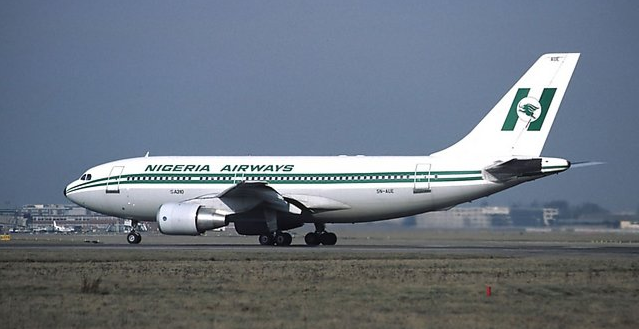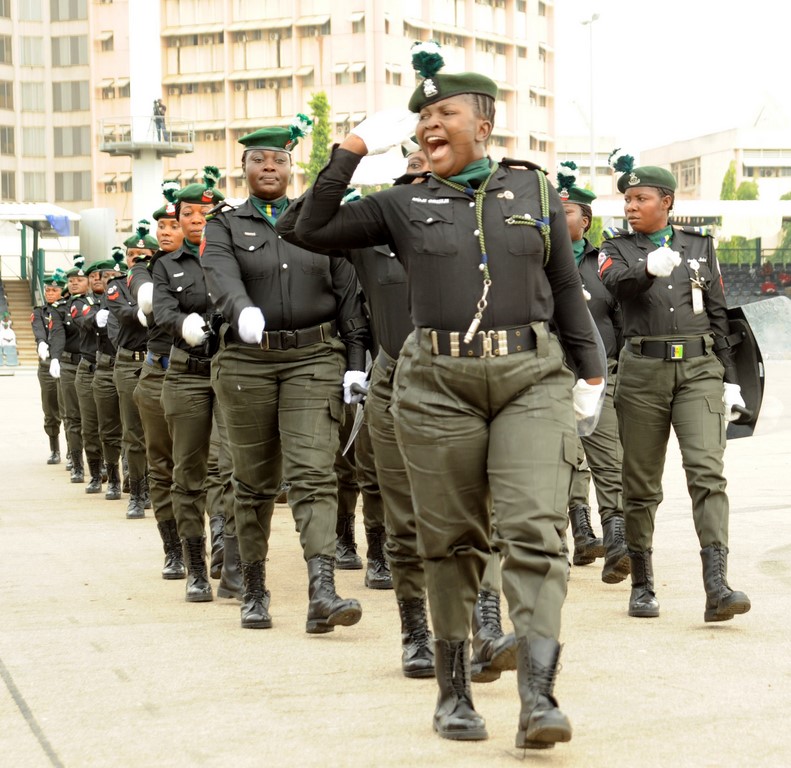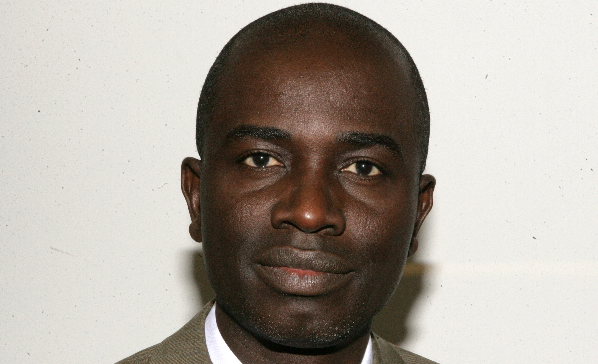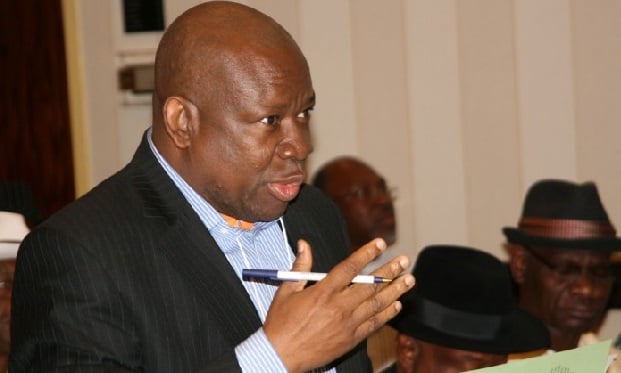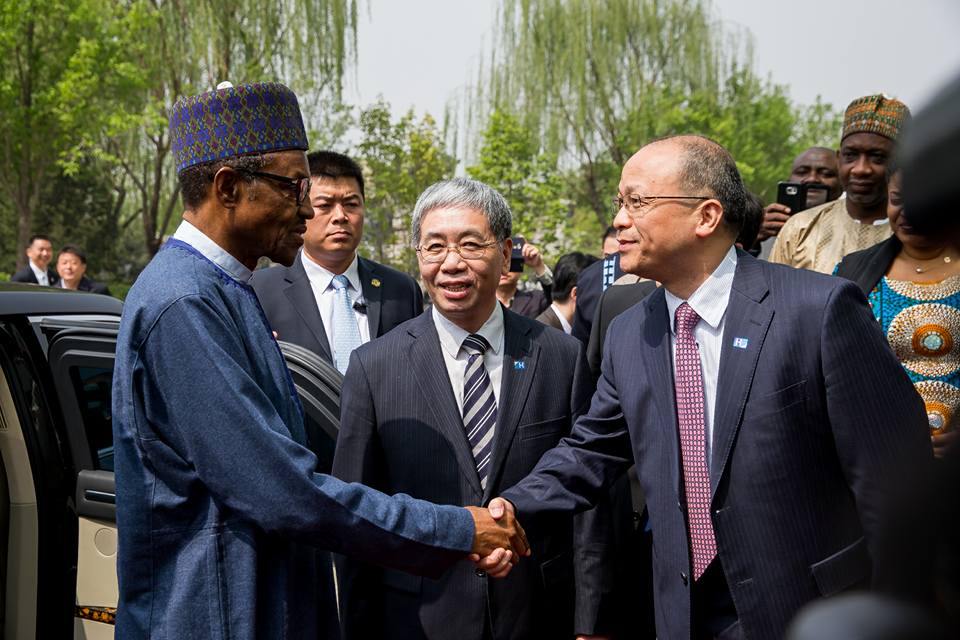By Mvendaga Jibo
It is with a heavy heart that I write a tribute to Mallam Rufa’i Ibrahim, my good friend of forty five years. He passed away on 2nd April 2016 at the University of Abuja Teaching Hospital, Gwagwalada, at the age of 66. Incidentally, 2nd April was his birthday.
I first met Rufa’i in 1971 at the University of Ibadan, where both of us were admitted to read a Bachelor’s Degree in Political Science. Rufa’i and I were to the best of my recollection, the only students from the North in that class. Naturally, we gravitated to each other and rapidly became very close friends. We had a lot to talk about – course contents, lecturers’ delivery styles; the “southern way of life”, and of course, governance issues in Nigeria and beyond.
We both enjoyed our political science lectures because we came well prepared for these. Rufa’i did his sixth form (HSC) course at Boys Secondary School, Gindiri. While I did mine at St. Louis College, Jos. In Ibadan, we were taught by the leading Nigerian Political Scientists – Prof. B. J. Dudley, Prof. E. U. Essien Udom, Prof. A. B. Akinyemi, the late Prof. Omo Omoruyi and expatriates such as Prof. Henry Biennen, Dr. D. G. Morrison, Dr. Victor Minnikin, and Martin Fitton etc. We both took sociology and history elective courses and were greatly stimulated by the likes of Prof. Obaro Ikime, Prof. R. A. Adeleye, Prof. O. F. Okediji, the late Prof. Omafume Onoge, Joseph Scott, etc. At graduation in 1974 both of us were awarded Second Class Upper Honours Degrees in Political Science.
National Youth Service Corps (NYSC)
Advertisement
As fate had it, Rufa’i and I did our National Youth Service in the defunct Cross Rivers State. Rufa’i taught in a Secondary School at Oti Oron, while I was re-redeployed from Kaduna state from the New Nigerian Newspapers to the Calabar Campus of the University of Nigeria (as the present University of Calabar was then styled). Rufai often crossed over to Calabar to share my accommodation in the University guest house where other corpers serving at the university and I were quartered. So, we spent many weekends together in Calabar and enjoyed ourselves. The late Col. C. I. Ode who was the acting Commander of the 13th Brigade of the Nigerian Army, at the time, was very kind to us and made our assignment very interesting because we had access to his staff car and the officers’ mess where we ate pepper soup! So, our friendship blossomed. One day, Rufa’i and I went to Uyo and he told me of one Tanko Al-Makura from Lafia who was a student at the ATC Uyo; we went into the hostel to greet him. He is the present governor of Nasarawa state.
After we successfully completed our service and received our discharged certificates at the passing out parade, we set out for Jos where we both lived. Rufa’i had a car then and together we set out for the long journey to Jos. We passed the night at Ogoja and it was there that we woke up to the martial music which heralded the coup that overthrew the administration of Gen. Yakubu Gowon. We drove to Jos discussing the implications of the coup for Nigeria and other issues of interest as they randomly arose in our minds!
Service at the New Nigerian Newspaper Ltd.
Advertisement
Both Rufa’i and I were employed by the New Nigerian Newspapers Ltd. At the time Mallam Mamman Daura was the managing Director (MD) and the Late Turi Mohammed was the editor of the paper. It was here that Rufa’i’s loyalty to a friend was most glaringly demonstrated. After a short stint, I won a Commonwealth Scholarship to Britain where I did Postgraduate study. When I came back, Rufa’i warmly welcomed me and the management appointed me political editor of the New Nigerian. Within a short time of my return to the New Nigerian, I faced one of the greatest challenges of my life.
Malam Turi had succeeded Mamman Daura as the Managing Director of the company and the late Aminu Abdullahi was the editor. These two gentlemen operated the paper in an opaque way and this was unacceptable to my spirit. For example, they flatly refused to give me a column even though I was the papers political editor! The leading world dailies gave columns to their editors; such as diplomatic editors, political editors, sports editors etc.
Turi could not be persuaded to let me freely express my views in the paper and when I protested to the Board of the company, I was suspended from work, evicted from hotel accommodations and was eventually given the option to resign or be terminated. I resigned as political editor of the New Nigerian within less than six months of the appointment. Rufa’i was appalled that I was compelled to resign merely because I had disagreements with the management over policy and was accused of making it public. The New Nigerian management felt embarrassed, thus.
To cut a long story short, Rufa’i appealed to the management to reinstate me or he would resign. I was not reinstated and Rufa’i duly resigned his appointment with the New Nigerian. He felt that injustice was done to me and his sense of justice was wronged! He sacrificed his job to drive home his abhorrence of injustice. What more could one expect by way of support from a friend? Rufa’i gave his all to a good causes. He and I wanted the New Nigerian to be more open and less regional in outlook! In this, we were in agreement with the Murtala/Obasanjo regime which eventually acquired the New Nigerian and the Daily Times to make these papers serve the nation in a more even handed way.
Advertisement
At the Daily Times
Once we left the New Nigerian, the management of the Daily Times gladly employed us and we joined the paper after Haroun Adamu had left. In the Daily Times we freely wrote columns which were often published. My column, “The Political Notes of Mvendaga Jibo” appeared in the Sunday Times quite regularly and even though he had no column, Rufa’i wrote thought provoking pieces which were often published. In 1977, we briefly “parted ways”.
I was elected a member of the Constituent Assembly (CA) whilst Rufa’i was headhunted to help set up The Triumph publications by the Abubakar Rimi administration as editor. This paper was well edited and it built a solid reputation very rapidly. Thus while I joined partisan politics after the CA, Rufa’i remained a journalist much longer. During his career, he got picked up by the Gen. Muhammadu Buhari regime in 1984 for expressing views which argered the administration! Rufa’i calmly faced this challenge which did not change his perspective on events, or dismay him!
He remained a patriot, committed to the highest ideals of nation-building. It was in this regard that he earned a law degree at the University of Jos and was called to the bar after from graduating from the Nigerian Law School. Thus, Rufa’i was both a political scientist and a barrister.
Advertisement
Love of Man and God
Rufa’i Ibrahim was a very devout Muslim who said his prayers and strived to live by the teachings of the Koran. This led him to show kindness and compassion to fellow man. In his house, for example, his amiable wife Aisha joined her husband to receive all their visitors who were all fed, except if they chose not to eat. The meals were served from large bowls from which Rufa’i and his wife also dished their portions.
Advertisement
Even though he was not a rich person, Rufa’i could help genuine requests for financial assistance! It is his fear of God, and his mild-mannered approach to life, that has endeared Rufa’i to all manners of people. There was no lonely minute in his home. Rufa’i loved all and made them welcome.
He enjoyed sharing his vast knowledge with all who were prepared to engage him. He did not discriminate on the bases of ethnicity or religion. Some of his closest friends happened to be Tiv Christians – Yima Sen, Iyorchia Ayu, Mvendaga Jibo etc. Those, under whom he served like Sen. Abdullahi Adamu, former governor of Nasarawa State, found that he was a hardworking, loyal and committed worker. As the founder Chief Executive Officer of the Nasarawa State Publishing Company, he could work long hours with no signs of fatigue. This is why his health challenge was unexpected. He looked so good for a sixty-six year old!
Advertisement
Health Challenge
Rufa’i confronted his health challenge with remarkable courage. He went to hospitals in Nigeria and Germany hoping for a cure which, regrettably, did not happen. He was always composed even under severe stress. He did not complain, and his faith in the Almighty was unshaken. About a week to his death, Dooshima and I visited him on our way to London. Even though he was very weak, Rufa’i came down to bid us farewell and even joked with us. He requested us to greet the Queen for him. We had stayed the night with him prior to departure.
Advertisement
When we flew back into the country, we went straight back to see how he was faring. At this stage, he had become a lot weaker and it became a matter of what God could decide! Ambassador Yusuf Mamman, his neighbour, suggested that he be moved to hospital, and we drove to Gwagwalada Teaching Hospital where he was admitted. When we took leave of Rufa’i and Aisha, I told them that they were people of faith and so they should continue to trust in God’s healing power. Even though he was clearly very ill, it never dawned on me that would be my last meeting with Rufai. Even here, he was his usual self, in spite of his discomfort, he remembered Iyorchia Ayu’s son’s wedding which I was to attend and he said I should enjoy the wedding! It was a difficult parting, hoping for the best, but also aware that the worst could happen.
Death of Rufa’i
On our way to Makurdi, a call came from Sarkin Karshi that our dear friend Rufa’i had passed on! We gave thanks to God! Sarki Karshi called again to inform us that prayer for Rufa’i would be at the Emir’s palace in Lafia on the 3rd April, 2016 at 9:00 am. We left Makurdi early and I witnessed the internment of a dear friend whose memory we dearly cherish.
The essence of Rufa’i
In the end, Rufa’i is mourned by the large crowd which attended the prayer session in the Emir’s Palace, and countless others elsewhere, because he was a caring person. He had compassion for people in challenging situations. At the University of Ibadan, the social science courses were taught by scholars who cared about “the masses”. We left Ibadan with the masses on our mind, deep into our psyche and thus Rufa’i joined causes which he believed would enhance the welfare of the broad masses. This explains his preference for political relationships with the likes of the late M. D. Yusuf, Bala Usman, Abubakar Rimi/Balarabe Musa in the Peoples Redemption Party (PRP). He was an activist. While many Nigerians were detained by the Buhari/Idiagbon regime in 1984 for stealing, Rufa’i was detained for his critical perspectives on the regime. He never joined a cause for personal gain. He was selfless!
Finally, Rufa’i, though a devout Muslim, his friends cut across religious divides. He did not carry his religion on his shoulders, yet he was a devout Muslim. This explains his essence; Rufa’i believed in God and he tried, as much as is humanly possible, to do God’s will. This explains his generosity, his selflessness and his compassion for mankind.
We deeply feel the loss of a good friend who was more than many brothers combined. Every important event in my life – be it a book launch, or declaration for a guber quest, was attended by Rufa’i Ibrahim with a suitable delegation. At my last book launch in Makurdi on 9th September 2014, Rufa’i was the chairman of the event. Every Christmas, he and his dear wife were our guests in Makurdi, and Dooshima and I spent every Sallah in Rufa’i’s home in Lafia. At these occasions our wives “teased us” and the atmosphere was really pleasant and memorable. Throughout the years of our friendship, we were not estranged for a minute! When we called each other on the phone, we started the conversation by saying “what can we begin to argue for instance?” This was how the Late Prof. B. J. Dudley used to introduce his lectures and it became our call tune! Aisha and Dooshima teased us that our discussions were all too familiar to them and they could see that we talked “in circularity” another of Prof. B. J. Dudley’s catch phrases!
Rufa’i, Dooshima and I miss you! People of goodwill miss you! We cherish your memory and many of your ideals will continue to inspire us as long as we live.
To Aisha and Adawo, his only son, we say, take heart! Rufa’i’s goodwill and God’s mercy are sufficient! May God give us the fortitude to bear this colossal loss!
Jibo, PhD, is a professor of political science at Benue State University, Makurdi
Views expressed by contributors are strictly personal and not of TheCable.
Add a comment

